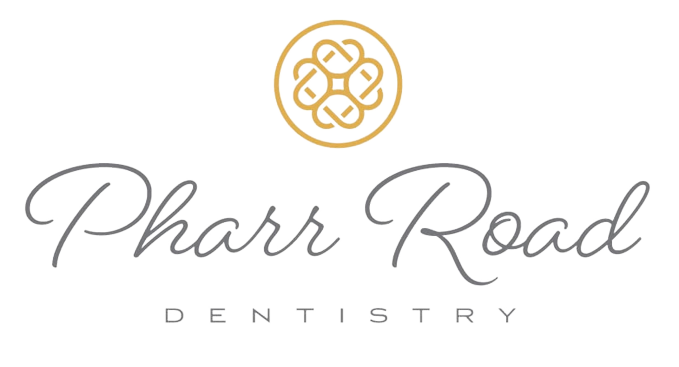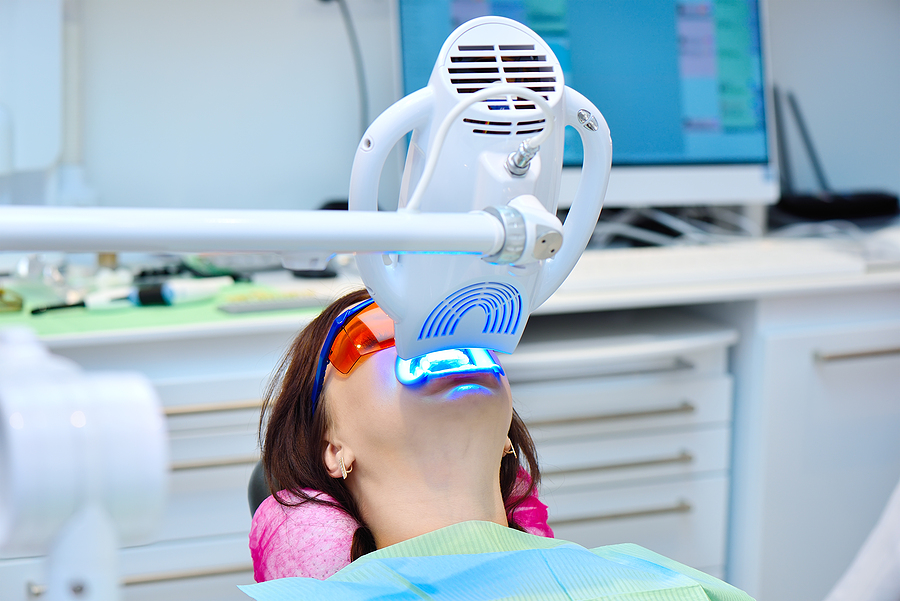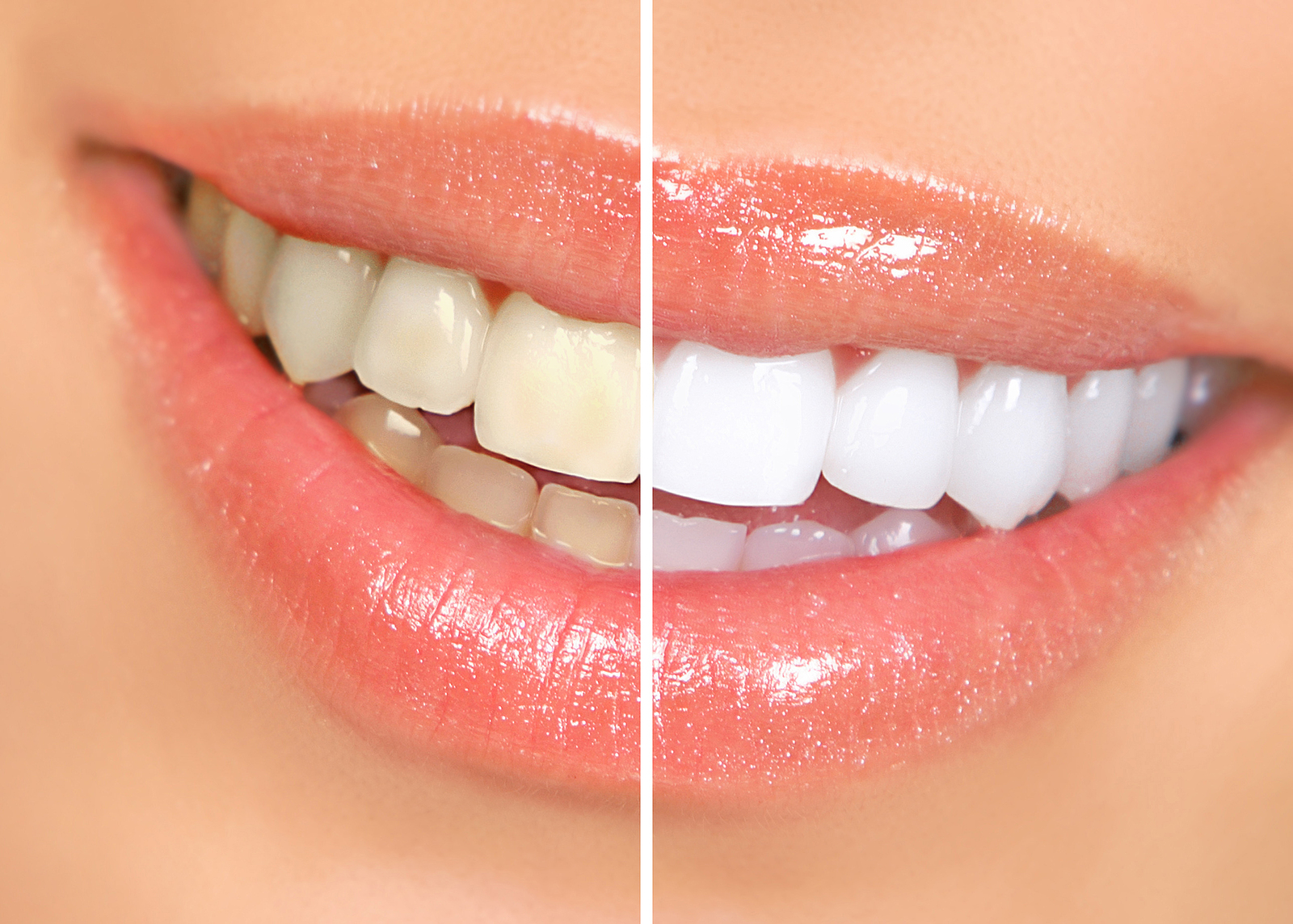Your smile is one of your most valuable assets, but it can be easily jeopardized by something many people overlook—gum disease. It’s more common than you might think and can lead to serious health issues if left untreated. Understanding the warning signs is crucial for maintaining not just a beautiful smile but overall well-being.
Gum disease begins silently, often without any obvious symptoms initially. However, as it progresses, it can wreak havoc on your oral health and even impact other areas of your body. Are you noticing some changes in your gums or teeth? Knowing when to seek help from a periodontist could make all the difference in preserving that confident grin.
In this guide, we'll explore what gum disease really is, its causes, telltale signs to watch for, when it's time to consult an expert in periodontal disease treatment in Atlanta, GA—and how you can fend off this condition before it takes hold. Ready to dive into the essentials for healthy gums? Let's get started!
What is Gum Disease?
Gum disease, also known as periodontal disease, is an infection that affects the tissues surrounding your teeth. It's primarily caused by the buildup of plaque—a sticky film of bacteria that forms on your teeth. When not removed through regular brushing and flossing, this plaque hardens into tartar.
There are two main stages of gum disease: gingivitis and periodontitis. Gingivitis is the milder form and is often reversible with good oral hygiene practices. If left untreated, it can progress to periodontitis, which leads to more severe complications like tooth loss.
The condition isn't just an oral concern; research shows a link between gum disease and other health conditions such as heart disease and diabetes. Recognizing its signs early can help you avoid these serious implications while preserving your smile for years to come.
Common Causes of Gum Disease
- Gum disease, or periodontal disease, often arises from several common factors. Neglecting oral hygiene is a primary cause. When brushing and flossing are overlooked, plaque builds up on teeth and gums.
- Tobacco use also plays a significant role. Smokers are more prone to gum problems due to reduced blood flow in the mouth. This can hinder healing.
- Hormonal changes can contribute as well. Women may experience fluctuations during pregnancy or menopause that affect gum health.
- Certain medical conditions like diabetes increase susceptibility, too. High blood sugar levels make it easier for infections to take hold.
- Genetics should not be underestimated; some people are simply more predisposed to gum issues based on their family history. Understanding these causes is essential for maintaining healthy gums and preventing serious complications down the road. Contact us to learn more.
Signs and Symptoms of Gum Disease
Gum disease can be sneaky. Often, it presents subtle signs that many people overlook.
- One common symptom is swollen or red gums. If your gums bleed when brushing or flossing, that's a warning sign, too. It’s essential to pay attention.
- Bad breath that doesn’t go away despite good oral hygiene might indicate an underlying issue. You may also notice changes in the shape of your teeth or increased sensitivity when eating hot or cold foods.
- Another indicator is gum recession, where your gums pull away from the teeth. This can make your teeth appear longer and expose more of their surface.
- If you experience any of these symptoms, don’t ignore them. Acting early can prevent further complications down the line and preserve your smile's health.
When to See a Periodontist
Knowing when to see a periodontist in Atlanta, GA can make all the difference in your oral health. If you notice any signs of gum disease, don't wait for symptoms to worsen. Early intervention is key.
Gums that bleed during brushing or flossing are a clear warning sign. Persistent bad breath? This could indicate something more serious lurking beneath the surface.
Pay attention to swelling or redness in your gums as well. These changes often signify inflammation and require professional assessment.
If you've noticed receding gums or teeth that feel loose, it's crucial to seek help immediately. A periodontist specializes in diagnosing and treating these conditions effectively.
Regular dental visits are important, but if you're experiencing any of these symptoms, consider scheduling an appointment with a periodontist sooner rather than later. Healthy gums lead to a healthier smile and overall well-being.
Treatment Options for Gum Disease
Treatment for gum disease varies based on its severity. For early-stage gingivitis, professional dental cleaning may be sufficient to restore gum health. This process removes plaque and tartar buildup, promoting healing.
As the condition progresses to periodontitis, more advanced treatments are necessary. Scaling and root planing involve deep cleaning below the gumline and smoothing out tooth roots to eliminate bacteria.
For persistent cases, surgical options might be considered. Flap surgery allows access to deeper areas for thorough cleaning, while bone grafts can help regenerate lost tissue.
Antibiotics may also play a role in treatment by controlling bacterial infection. These can come in topical forms or systemic medication prescribed by your dentist.
After any treatment, maintaining good oral hygiene is crucial. Routine check-ups ensure that any signs of recurrence are caught early and addressed effectively.
Prevention Tips for Healthy Gums
Maintaining healthy gums is crucial for overall oral health. Start with a consistent oral hygiene routine. Brush your teeth at least twice daily, and don’t forget to floss every day. This helps remove plaque that can lead to gum disease.
Regular dental check-ups are essential, too. Visiting your dentist every six months ensures early detection of any issues. Professional cleanings can prevent problems before they escalate.
Consider using an antibacterial mouthwash as an added layer of protection against plaque buildup. This small step can greatly enhance your gum health.
A balanced diet plays a significant role as well. Incorporate plenty of vitamins and minerals, especially vitamin C, which supports gum tissue repair.
Stay hydrated throughout the day; water helps wash away food particles and bacteria that cling to your gums after meals. Making these habits part of your daily routine fosters healthier gums over time.
Conclusion
Gum disease is a serious condition that can have lasting effects on your oral health. Recognizing the early signs and symptoms is crucial for timely intervention. If you're experiencing any warning signs, don’t hesitate to consult with a periodontist. Their expertise in periodontal disease treatment in Atlanta, GA, can help you regain your gum health.
Seeking professional advice not only leads to effective treatments but also enhances your overall well-being. Remember that prevention is always better than cure; maintaining proper oral hygiene and regular dental check-ups can go a long way in keeping gum disease at bay.
Taking steps towards healthier gums will benefit not just your mouth but also improve your confidence and quality of life. Prioritize your dental health today for a brighter tomorrow!
Pharr Road Dentistry is equipped with the latest technologies and efficient dentists who offer the best dental care facilities to patients. Call 404.418.5730 and book an appointment with the Dentist in Atlanta, GA to know more about dental care services and to receive a complete dental checkup for you and your family.



























0 comments